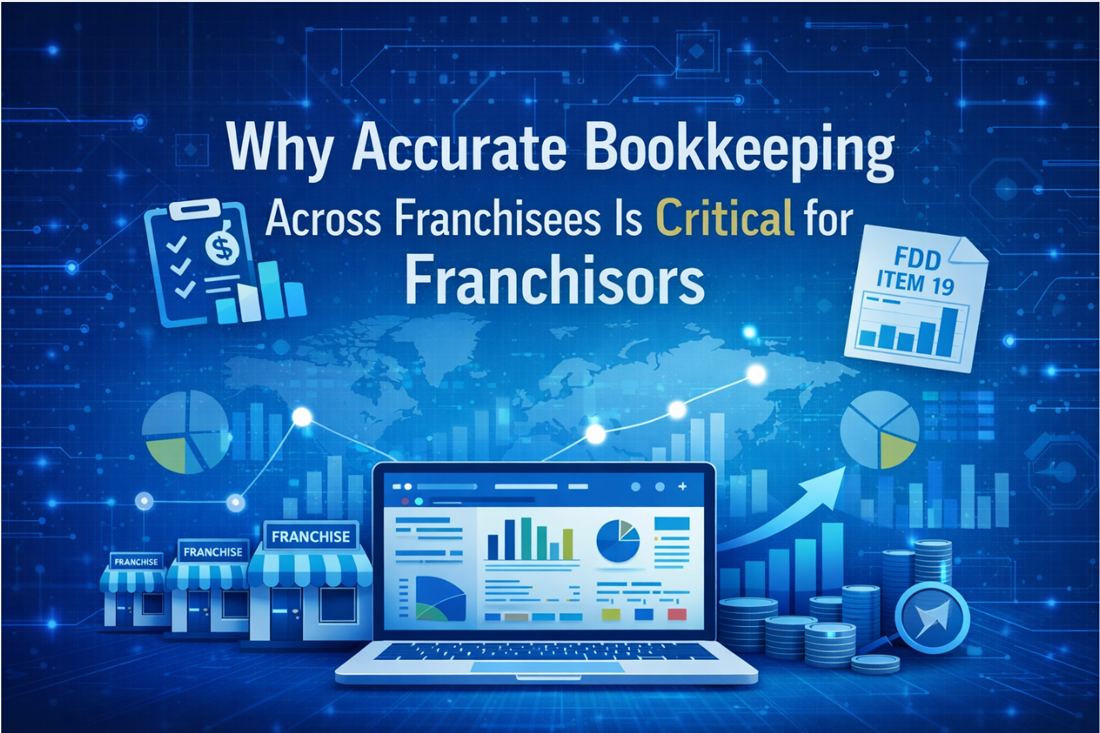One of the best small business-friendly aspects of the Tax Cuts and Jobs Act (TCJA) is the 20% deduction you can take on your income tax if your business is a pass-through entity. Here’s what you need to know about it.
What Is the Deduction
The TCJA was passed in 2017 and first applied to 2018 tax returns. Provision 199A of that law states that you can deduct 20% of your “qualified business income” which was earned from a “qualified trade or business.”
What Is a Pass-Through Entity
Any business structure that allows you to receive income as an “owner’s draw” rather than as a regular employee is a pass-through business. The money is “passed through” from the company account to your personal account. You only pay income tax on it with your personal return; you don’t have to file a separate return for the business.
Pass-through entities include:
• Sole proprietorship
• Partnership
• LLC (limited liability corporation)
• S-Corporation
However, there are some restrictions.
Taxable Income Restriction
• Less than $157,500 (single, married filing separately, head of household) or $315,000 (married filing jointly): you qualify for the full 20% deduction.
• $157,500 – $207,500 or $315,000 – $415,000, respectively: your deduction may be less.
• More than $207,500 or $415,000, respectively: you are not eligible for the deduction.
Specified Service or Trade Restrictions
What your business does may disqualify it from the deduction. Here’s the list of excluded fields, as issued by the Treasury Department in August 2018:
• Health
• Law
• Accounting
• Actuarial science
• Performing arts
• Consulting
• Athletics
• Financial services
• Brokerage services
• Any business where the principal asset is the reputation or skill of one or more of the employees or owners
• Any business that consists of investing and investment management, trading or dealing in securities, partnership interests or commodities
But don’t give up if you see your business in one of these categories, because there are numerous exceptions. For example, in the Health category, healthcare providers who provide services directly to patients — such as doctors and dentists — are not eligible. On the other hand, health clubs, spas, medical research companies, and those who sell pharmaceuticals or medical devices may qualify for the deduction.
In the case of businesses who both provide services and sell products, eligibility is determined by sales:
• Less than $25 million in gross receipts and less than 10% of your business comes from disqualified services; or
• More than $25 million in gross receipts and less than 5% of your business comes from disqualified services
Employee and Property Restrictions
There are two further conditions that could affect how much of a deduction you can take. They are:
• Business that pay W-2 wages
• Business that owns “qualified property” such as real estate or other tangible assets that can be depreciated
If your business fits either of these descriptions, your deduction will be the lesser of:
• 20% of qualified business income (or the “tentative deduction”); or
• The greater of:
o W-2 wages paid x 50%; or
o W-2 wages paid x 25% + the unadjusted basis (cost) of your qualified property x 2.5%
Still confused about the pass-through deduction? Your xendoo small business expert can clear things up, answer your questions, and help you get every tax break you deserve.









